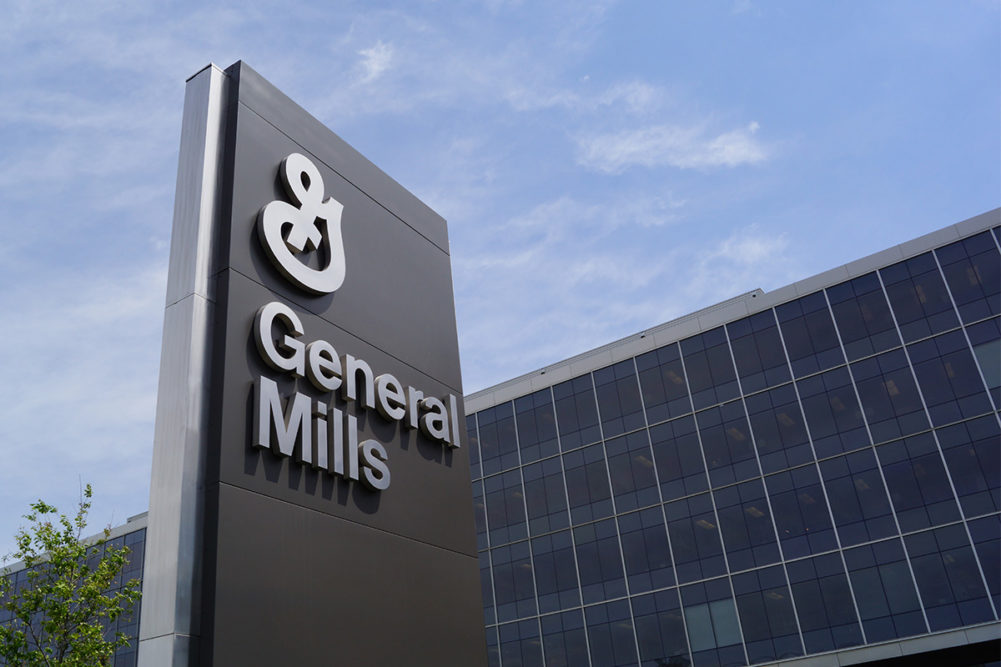WASHINGTON — The US Court of Appeals for the Federal Circuit on April 23 ruled against General Mills, Inc. in a case where the Minneapolis-based company was trying to collect nearly $6 million in tax refunds from the Internal Revenue Service.
General Mills contended it overpaid in taxes because of IRS filing errors. The Federal Circuit ruled that since General Mills failed to appeal within a six-month time frame, the refund could not be made. General Mills had argued that a two-year time frame should have applied to the case instead.
General Mills is the parent corporation of a number of partners of General Mills Cereals LLC, which is treated as a partnership for tax purposes. The case involves tax returns for General Mills Cereals from 2002-06.
Minneapolis-based General Mills and its subsidiaries originally sued the United States and sought refunds of interest it paid on corporate income tax underpayments that the Internal Revenue Service assessed at the enhanced rate of “large corporate underpayments,” or LCU. The interest rate applied to LCU is 2% higher than the typical default underpayment rate.
General Mills alleged IRS erroneously collected $5,958,695 in LCU interest by selecting incorrect applicable dates to start interest accrual. General Mills paid the interest on April 11, 2011, and then filed administrative refund claims with the IRS on March 28, 2013, which was within the two-year window but not the six-month window.
After the IRS denied the claims, General Mills initiated an underlying refund suit in the US Court of Federal Claims. General Mills contended a two-year refund claim limitations period should apply to its administrative refund claims. The Court of Federal Claims agreed with the government that the six-month limitations period applied.
The US Court of Appeals for the Federal Circuit then agreed with the US Court of Federal Claims in its April 23 ruling.
“Because we agree with the Court of Federal Claims that the basis of GMI’s (General Mills’) refund claims is that the IRS erroneously computed a computational adjustment resulting from a settlement by allegedly miscalculating the amount of LCU interest due, GMI’s refund claims are subject to the six-month limitations period,” the ruling form the US Court of Appeals for the Federal Circuit said. “Since GMI received adequate notice of the computational adjustment, and yet, filed its refund claim well outside the six-month period, we affirm the dismissal.”
Judge Pauline Newman dissented, saying the claim for a refund needed to be filed within two years, not six months.





